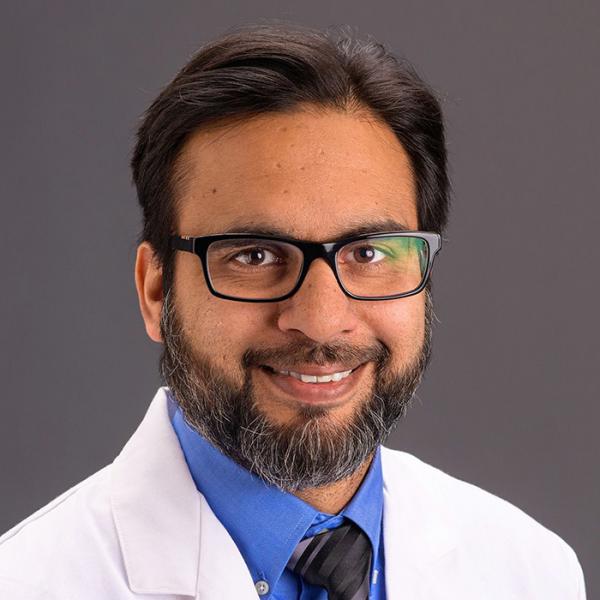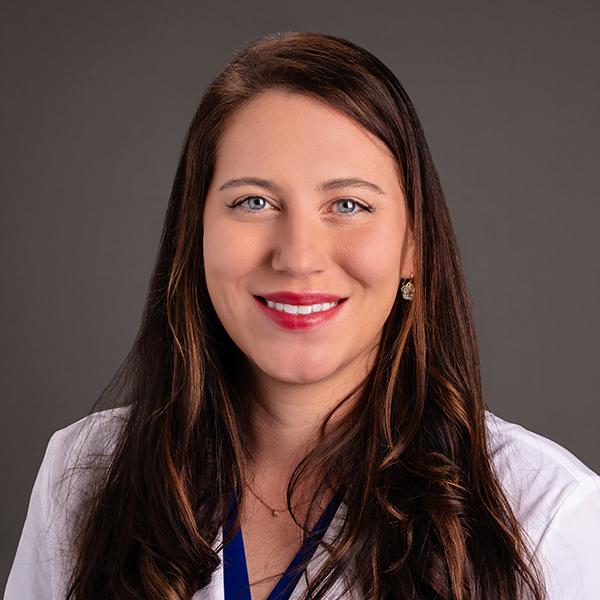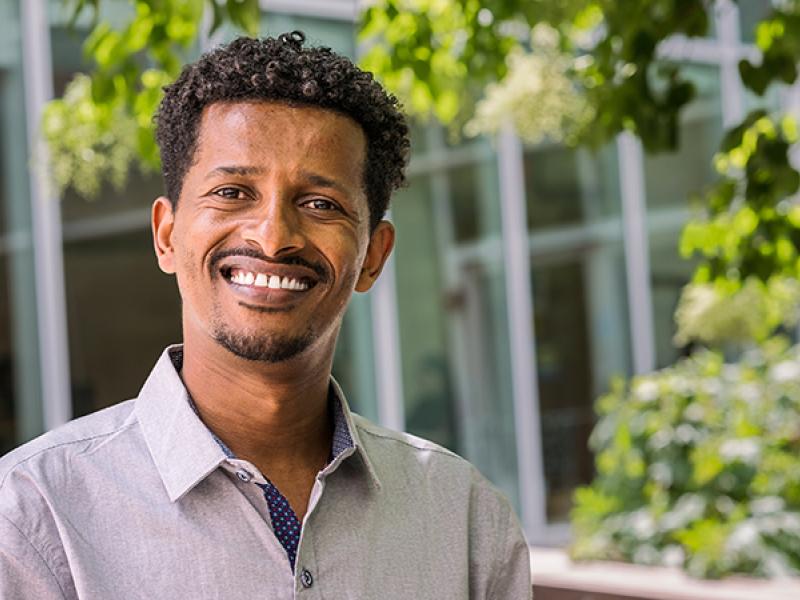The Neurosurgery Residency Program of the University of Missouri is driven by an outstanding and dedicated faculty committed to training the best and brightest neurosurgical residents. Residents are individually mentored, evaluated and promoted, and are regularly asked to participate in continual program improvement efforts. This structure enables residents to develop into neurosurgical leaders in their chosen specialty area.
We offer a comprehensive seven-year ACGME accredited residency-training program, which includes a dedicated research year. As a small seven-year program with only one resident per year, residents have close relationships with each faculty member, optimizing individualized learning. Graduates of our program pursue fellowship, academic positions, and private practice opportunities in neurological surgery.
Training takes place with University of Missouri Health Care, which encompasses University Hospital, Birthing Center, and Ellis Fischel Cancer Center, as well as Harry S. Truman Memorial Veterans' Hospital which provide outstanding clinical neurosurgery education for residents. Clinical care encompasses the range of neurosurgical diseases including but not limited to brain tumors, spinal tumors, pediatric diseases, cerebral vascular diseases, trauma to the head and spine, surgical treatment of seizure disorders, spinal diseases from degeneration and other causes, and hydrocephalus. The program offers a large neurosurgical case volume, and chief residents complete the program with more than 2,000 cases.
Scholarship is highly encouraged throughout the residency program with all residents holding active research projects in the Department. Residents work with mentors from our faculty, the Translational Neuroscience Center, and/or interface with others outside the School of Medicine including those from the Veterinary, Engineering, and/or Business Colleges. The residency program is supportive of academic endeavors and readily reimburses residents who present their research at national conferences. First year neurological surgery residents also participate in the Society of Neurological Surgeons Boot Camp as well as the Society of Neurological Surgeons Junior Resident Course to accelerate their development of early clinical skills. Third year residents participate in the Society of Neurological Surgery Research Update in Neuroscience for Neurosurgeons (RUNN) Course in Woods Hole, Massachusetts.
Medical students interested in completing rotations with Neurological Surgery can refer to the Core Clinical Clerkships page.







